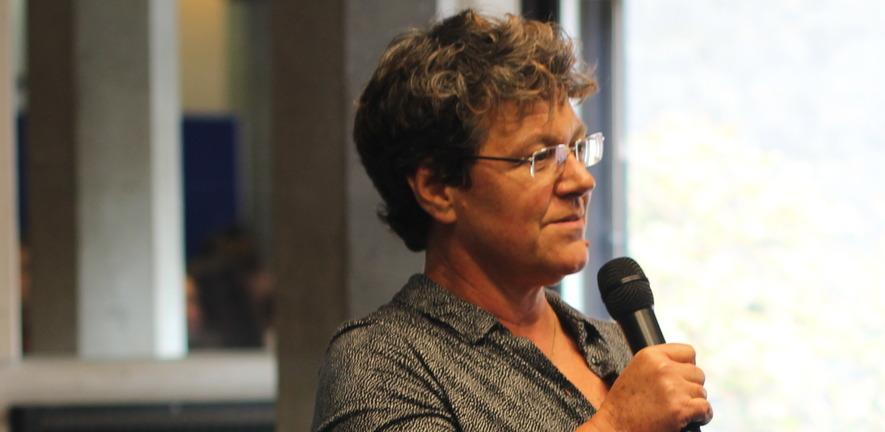
The Department of Sociology is delighted that Professor Sarah Franklin has been awarded the Royal Society’s Wilkins-Bernal-Medawar Medal and Lecture 2023 for research related to the social function of science. The first sociologist to have won this award, she has been recognised for her research into, and advocacy for, the social aspects of new reproductive technologies.
Professor Franklin who leads the Reproductive Sociology Research Group said,
‘I’m thrilled to be the recipient of this year’s Wilkins-Bernal-Medawar award from the Royal Society, not least as the Society has played such a crucial role in leading the effort to support more robust, inclusive and genuine dialogue with the public about new biological technologies such as stem cell research, IVF and embryo modelling. These are not only scientific topics but profoundly social ones and the role of the social science is likely to significantly increase as the biotranslational impact of new technologies continues to expand. This is an award that specifically recognises the importance of interdisciplinarity as a vital component in any successful translational effort, and so I am especially honoured.’
In accepting the award, Professor Franklin is keen to acknowledge the importance of the uniquely collaborative environment Cambridge offers for truly interdisciplinary projects. She added that, ‘Cambridge is unquestionably the world leader in the new field of Reproductive Studies. Cambridge Sociology is not only home to important work in the sociology of health, medicine and technology but also prioritises public outreach in line with our commitment to public sociology.’
Professor Franklin’s current research is focussed on the huge impact of new technologies such as IVF, cloning and stem cell research on society, asking, for example, how understandings of family, fertility and biology are changing in the context of new technologies.
Central to her work is the idea that changes in our understanding of biological reproduction are fundamental to many other areas of social life; not only kinship, gender and parenting, but also hopes for the future, ideas of scientific progress and thus also beliefs about citizenship and belonging more widely.
Unlike bioethicists, who study what is right and wrong, or legislators who create regulatory guidelines, her research explores the idea of technology as a ‘social contract’ – a set of relationships between society and the future, and between science and society.
This is arguably one of the most important questions we and future generations will face as we try to address the great challenges before us. We need to understand that these challenges are social as well as technical, collective as well as individual, and that although they are often private and personal they nonetheless affect us all.




